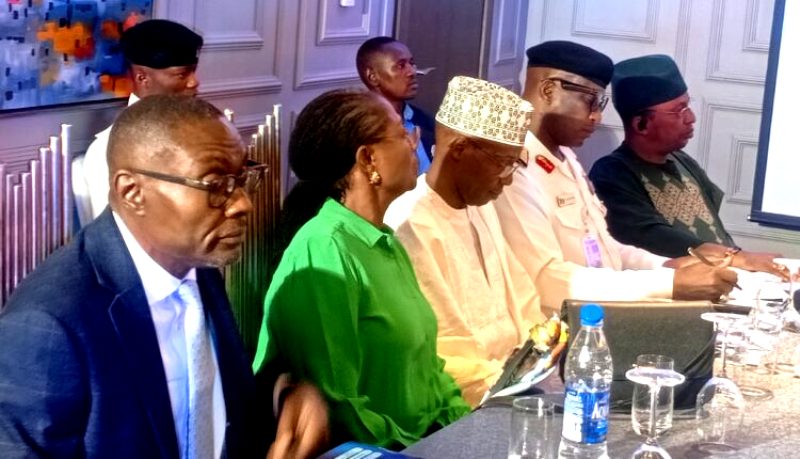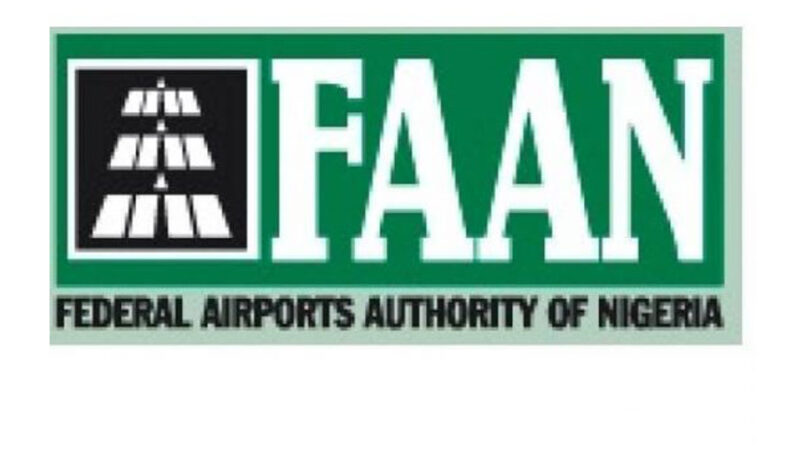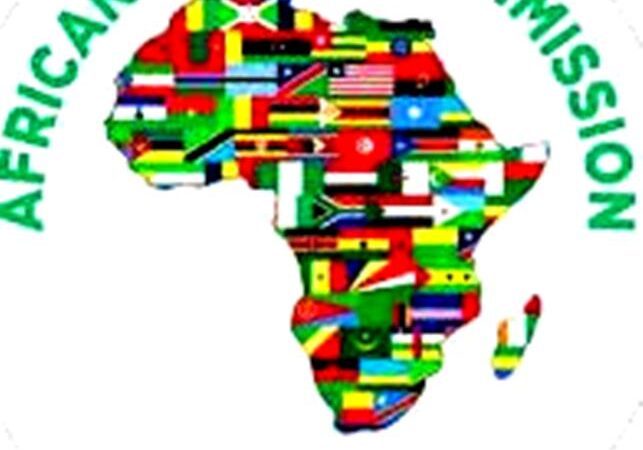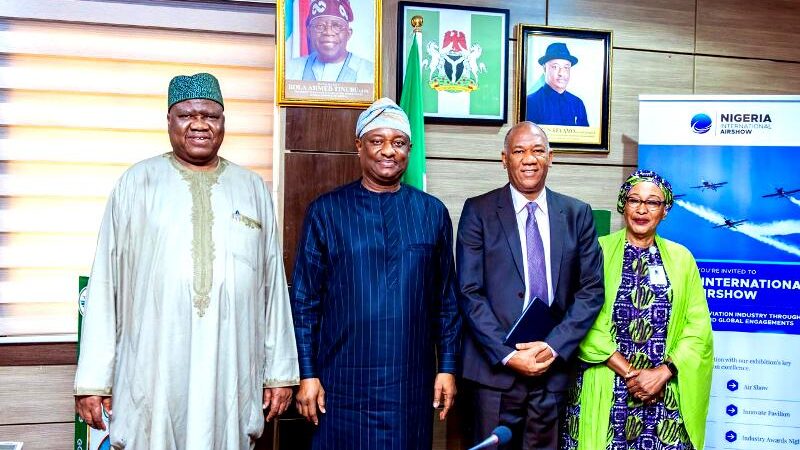Most Nigerians Frustrated By Bad Roads, Says Transport Stakeholders

Stakeholders in Nigeria’s transport sector have said that “most people in Nigeria are frustrated by roads especially as they are not only in bad and substandard shape, they hinder smooth movement of people and goods in which case, efficiency is jeopardized” adding that “some 70 percent of our roads are bad and only 15 percent of navigable waters are used.”
This position is contained in a communique issued at the end of the Global Transport Inter-modal Transport System Annual Roundtable 2025 held in Lagos on May 15, 2025 under the theme, Sustainable Transport System: Global Best Practices and Lessons For Nigeria.
The communiqué says “Mobility is linked to economic productivity. Today, in Nigeria, air transport is expensive and water transport is not so popularly recognized. There is pronounced level of insecurity and bad management on the roads. There is absence of effective linkage of the diverse modes of transportation and the system is almost unmanageably disjointed. For these reasons, it is suggested that for functional businesses to neatly spread to places, there should be good and reliable investment in more roads all over Nigeria and neighbouring countries. There should be people in government and corporate organizations bold enough to implement a change in the entire system. There is also the need for accelerated formalization of the processes involved in the transport system, which stands for a meaningful organization and packaging for effective delivery.”
It further states that “to a great extent, the Federal and State governments in Nigeria, have a role to play in shaping an effective policy for sustainable transport system for the future, if indeed, economic and industrial growth must be ensured. And such a policy of the future must be founded and enriched with adequate resources and outstanding collaborations as done in the advanced countries. For example, some 70 percent of our roads are bad and only 15 percent of navigable waters are used. Our airports hardly have modern equipments. Some policies made in the past, by government, were not implemented and there were no support structures to support the movement of people and goods. There have been ugly experiences of corruption and bribery along our corridors. It is therefore conclusively agreed that the government-adopted policies must be holistic and the implementation of same, consistent. Also, enforcement of the policies should be key in fulfilling the programmes of government and such must be sustained through consistency. Significantly established also is the fact that individuals should have ownership mentality in order to protect what government implements on behalf of the transport system in Nigeria.”
Stakeholders further state that “referring to the Nigeria’s economic situation, it is established that the transport infrastructure and system should play a vital function in facilitating economic growth, reduce poverty and improve the quality of life of the citizens. It is noted that the transport infrastructure is heavily burdened by diverse challenges among which are congestion and pollution, policy instability, inefficiency in management and lack of proper integration among the different organs involved in the industry. These challenges have hindered the growth and expansion of the national economy.”
They said “Nigeria needs to invest heavily on transport infrastructure for jobs creation and general improvement of life of the citizens, since unemployment is one of the crises of the economy. With adequate and well-structured transportation system in the country, unemployment among the youth could be properly taken care of, by government.”
They further noted “that the architecture of Nigeria transport system is not properly integrated and this is largely responsible for low-level development of and disjointed approach to the issue of transport modernization and promotion in Nigeria. This is the reason why there should be a smart transport policy in Nigeria to serve as a driving force of innovation, energy and climate change impact on the economy, as practiced in the developed countries of the world” and “observed that sometimes, it is not only making policies that is the issue but implementing same and in Nigeria, for instance, there is hardly a process of evaluation of policies in place. This must be urgently readdressed to provide a formidable foundation for a sustainable transport system in Nigeria.
There is also the need to harmonize policies made by governments at all levels, in order to make effective impact. A comprehensive roadmap for the transport system is also important to be drawn as an important feature of economic emancipation and growth and effective movement of people, goods and services.”
The communiqué also observed “that the transport system is not simply limited to moving people and goods because it has direct impact on healthcare, education, market and quality of people’s lives which must be improved. It is also about how you develop as a people and how it affects the next generation through the essence of sustainability. The transport system is about vision and leadership at every level of governance and it must be effective, responsible and socially inclusive.” It noted that “over the years, Nigeria has had opportunities to obtain diverse loans but ended up wasting same, unlike with developed countries. There is an urgent need to prioritize investments relating to the transport system especially through the Private Public Partnership (PPP).”
There was a consensus that “the government, at different levels, should regulate the private sector involved in the transport system. This is because it is observed that such private investors engage in business to selfishly pursue profits and self-fulfillment rather than satisfy the yearnings of the people. They need to be mobilized and motivated for more effective and efficient performance” and that “the transport system in Nigeria should be specially treated as a strategic programme not tailored alone to the movement of people and goods. The transport system must be inclusive, resilient and forward-looking, despite challenges. As a strategic investment, the transport system must be sustained through leveraging of essential technology as well as building of functional partnerships and collaborations. The journey may be complex but we have to face it as a nation.”
The meeting revealed that “one aspect of the transport system which has not allowed it to achieve it best is absence of continuity of policies. Every new government seeks to implement a new direction in virtually every aspect of the national experience. In Nigeria, this has posed a major crisis. It is agreed that institutions must be strengthened in order to achieve continuity, regardless of the government in power. The particular example of the Institute of Transport Technology is discussed as a strong agency which champions credible gas initiatives projects and some other innovations such as the smart transport database to benefit government and people through essential education and certification. This is a useful information towards achieving sustainable transport policy.”
There was a proposal that “states should be encouraged to effect non-motorized system such as the bicycle to simplify the movement for those comfortable with same” and that “states of the Federation could have their own transport policies in line with the expectations of their people.”
According to the communiqué, “different modes of transport system have different regulators and this is a major problem for connectivity, in Nigeria. But there is a need for these different modes to work together. There is also the need for funding to be improved in all modes to achieve desired effectiveness. All institutions and organizations involves in the transport system must reach out to one another to achieve the best result through integration and delivery. Lagos State is also praised for starting off on this revolution, among the states of the Nigerian federation,”






